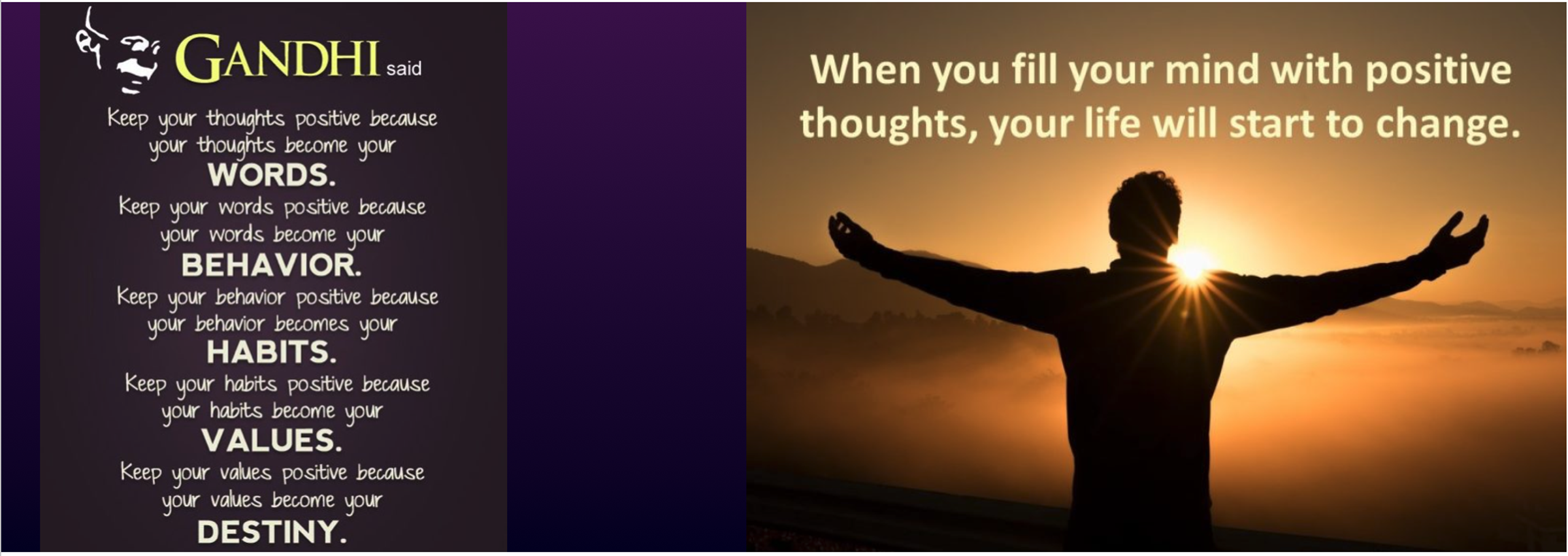Just A Thought:

Why Don't We Talk About How We Struggle More?
Chris Cillizza from So What? | chriscillizza@substack.com
My 10-year-old son is a baseball player.
And so, I found myself sitting at a practice for his team on Sunday night. And watching him bat.
He popped out on subsequent at-bats — and was disconsolate. (Reminder: he’s 10, and this was a practice.)
And it got me to thinking about what we tell ourselves — and, more importantly, other people — about struggle and failure.
The baseball example is pretty clear-cut. Hitting, even for professionals, is very hard. The old adage goes that if you fail two out of every three at-bats, you are assured a place in the Hall of Fame. 1
So, struggle in baseball is a very real part of the game. Finding ways to cope with that failure is necessary to keep playing. If you can’t get over making an out, you are a lot more likely to make another one.
It’s built into the game’s DNA. Even if my 10- year old (still) doesn’t totally grasp that.
What we don’t have is a way to talk about how — and why — we struggle as we grow up.
In the past six months, I’ve spent a lot of time reflecting on all of this.
When I was laid off at CNN in December, it was a major shock to the system. I felt as though I had failed — even though I couldn’t quite pinpoint how or why. Which, honestly, made it worse!
I quickly discovered that there weren’t a lot of good options for someone in a situation like mine.
The options were roughly as follows:
1. Go vengeful. Torch your bridges, yes, but maybe make yourself feel a bit better (at least in the near term)
2. Go dark. Take a major step back from any public profile. Just get off the grid for a while or until you feel less like exerting option #1.
3. Go happy. Use social media and any other outlets at your disposal to act as though nothing at all was wrong, that getting laid off was the best thing that could have ever happened to you — and now you were free to live the life you had always wanted.
I get (and got) the appeal of all of these models. They all gave you some control (or at least the illusion of control) over your circumstances. You were in charge of how you reacted; you could shape your own narrative or whatever.
My problem is that I didn’t identify with any of them. I wasn’t really vengeful. I definitely wasn’t happy. And going dark never appealed to me; I always liked writing and sharing my ideas — whether or not I worked for a big media outlet.
What I felt more than anything was a sense of struggle. That my life had been going on a certain trajectory, and now I was off that trajectory. That my best-laid plans had been disrupted. That I was off course.
The struggle, um, was real. But I didn’t really have any language to put it in. I felt like the only person in the world in my situation. Alone and adrift.
Time has helped that. I found Substack and started writing again. It gave my days some structure and reminded me of what I loved about journalism: Thinking through things and then translating those thoughts onto (digital) paper.
But there are still plenty of days where I struggle. Where I wonder what’s next for me — and when it’s coming. When I scroll through my social media feed and wonder how so many people are so darn happy all of the time. 2
Struggling, I’ve learned, is not something to be ashamed of. I’ve had lots of conversations — deep, honest ones — since leaving CNN. And in most of those conversations, when I’ve admitted that the last few months haven’t been easy, the other person usually confides in me that he or she has struggled too.
But we do it in private! In public, everyone’s life is going just great! They are winning! Struggle? Pshaw!
What worries me is how we are modelling what it’s like to struggle — and persevere! — for our kids. If we can never admit — even to ourselves — that struggle is a very real part of everyday existence, how will our kids be able to meet adversity successfully in their lives?
I think we have to talk WAY more about our bad times as well as our good — to our kids, our friends and, really, anyone who will listen. That’s how our kids will learn that struggle isn’t something to be afraid of. It’s a normal part of life — and how we deal with it can be critical in determining what comes next.
I am still learning that lesson. But now, I am trying to embrace my struggle as a sign that I am growing and evolving — and that never comes without a little bit (or a lot bit) of discomfort.
1 There are, of course, exceptions. Lefty O’Doul had a lifetime batting average of .349 but is not in the Hall.
2 It’s worth noting here that I am aware social media isn’t reality.

